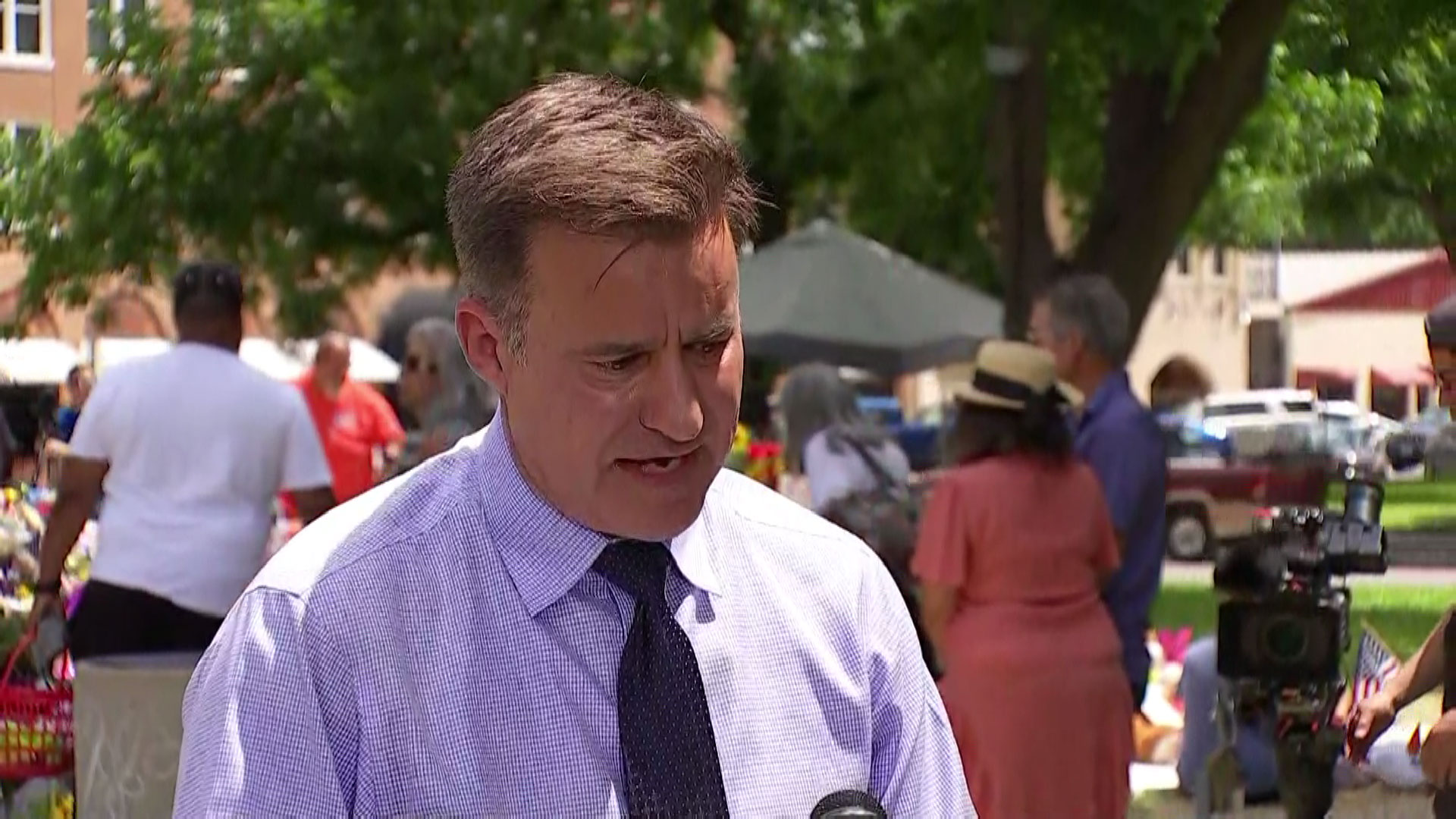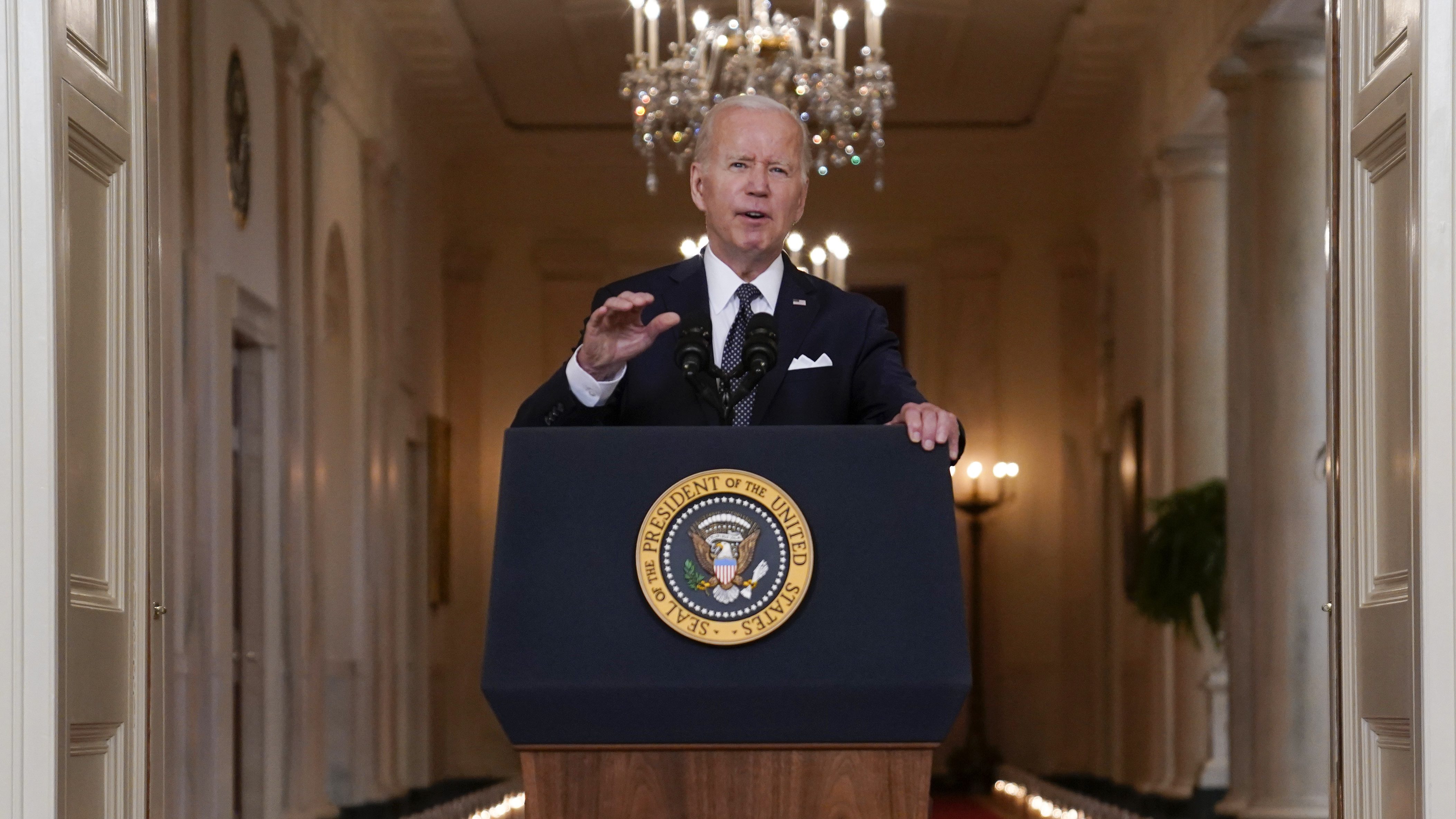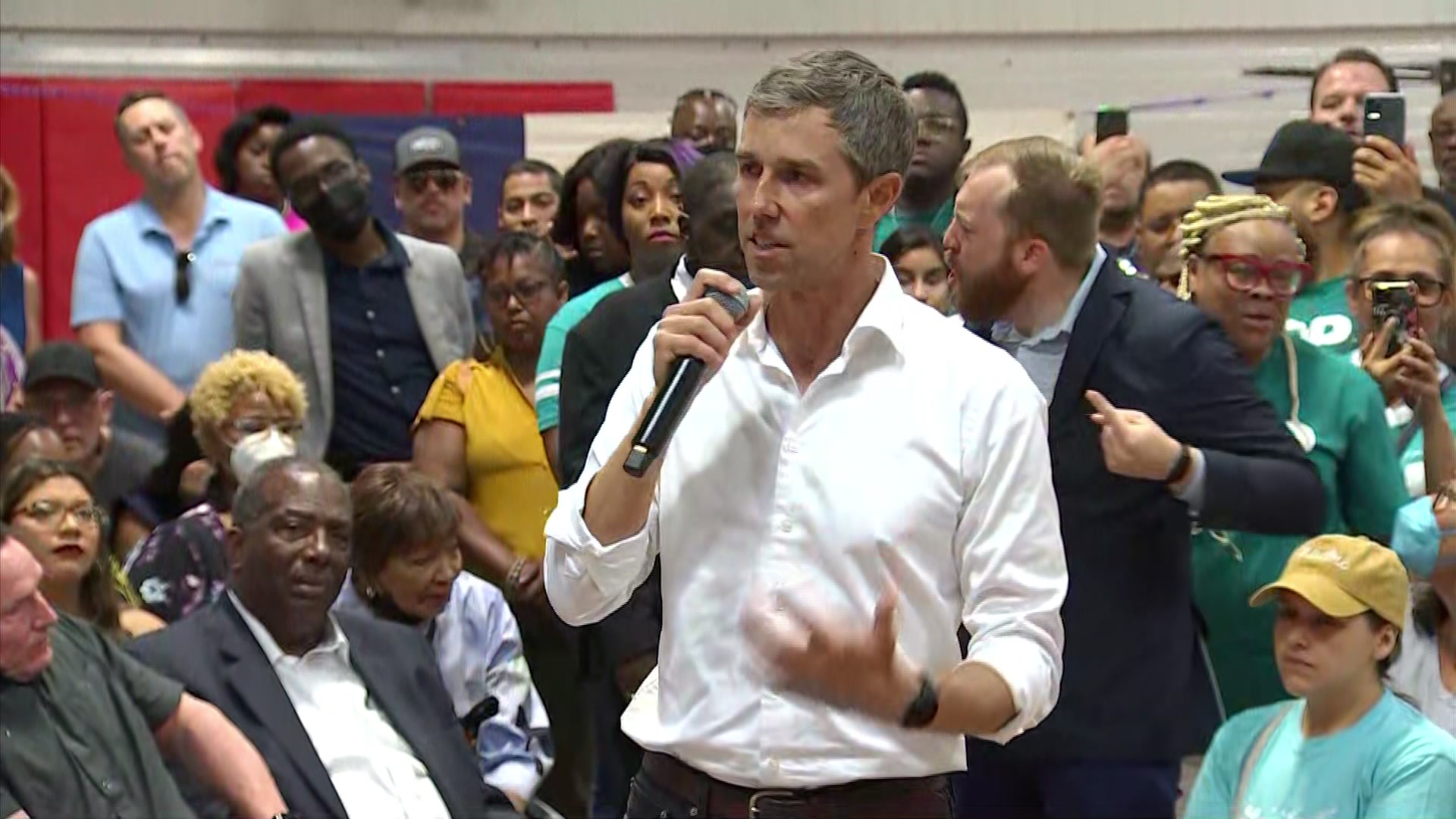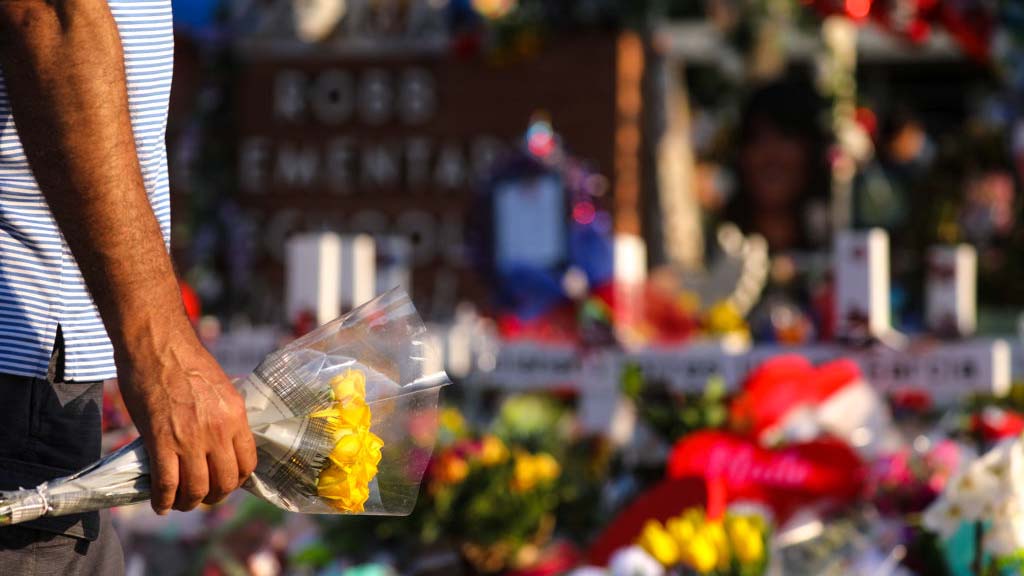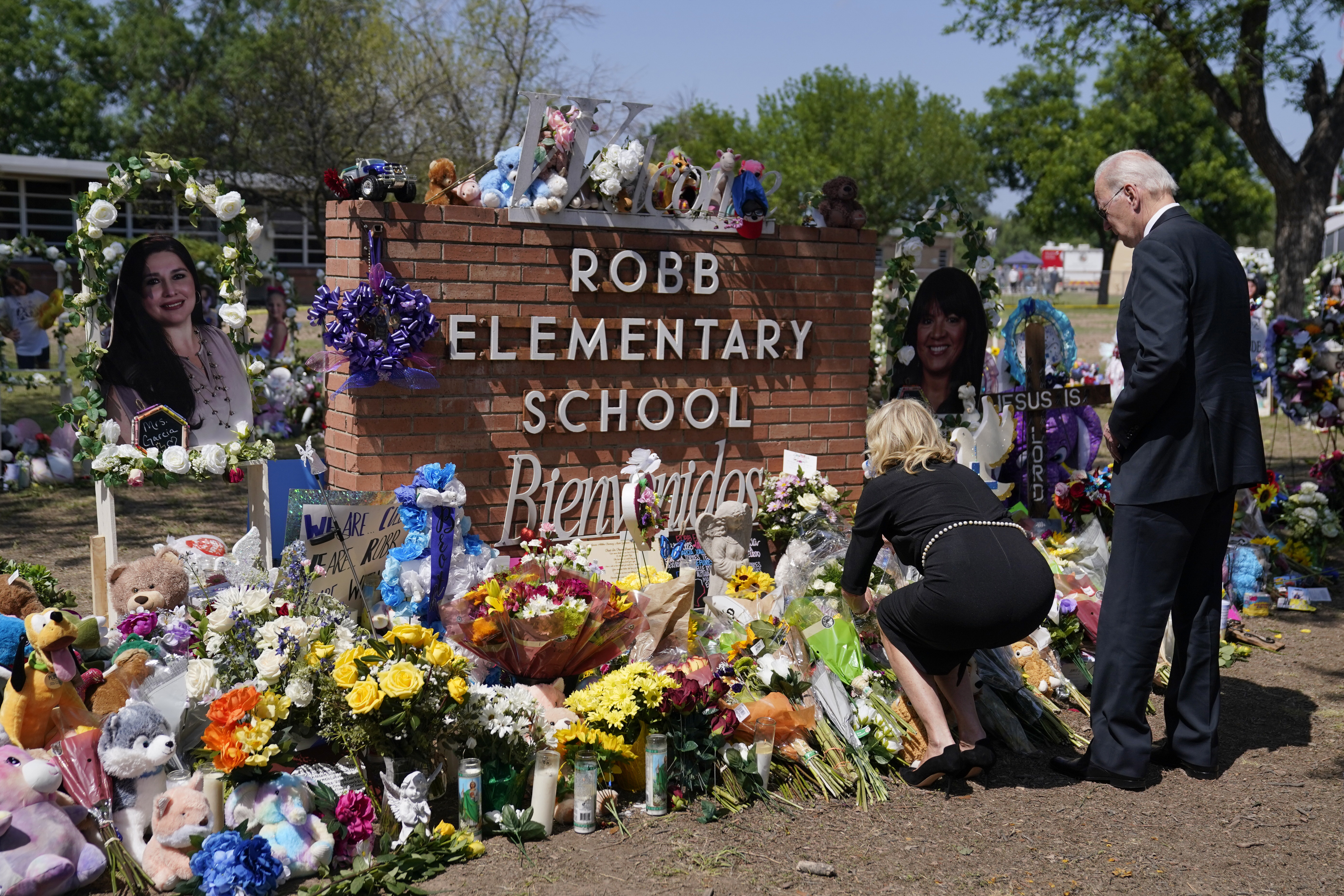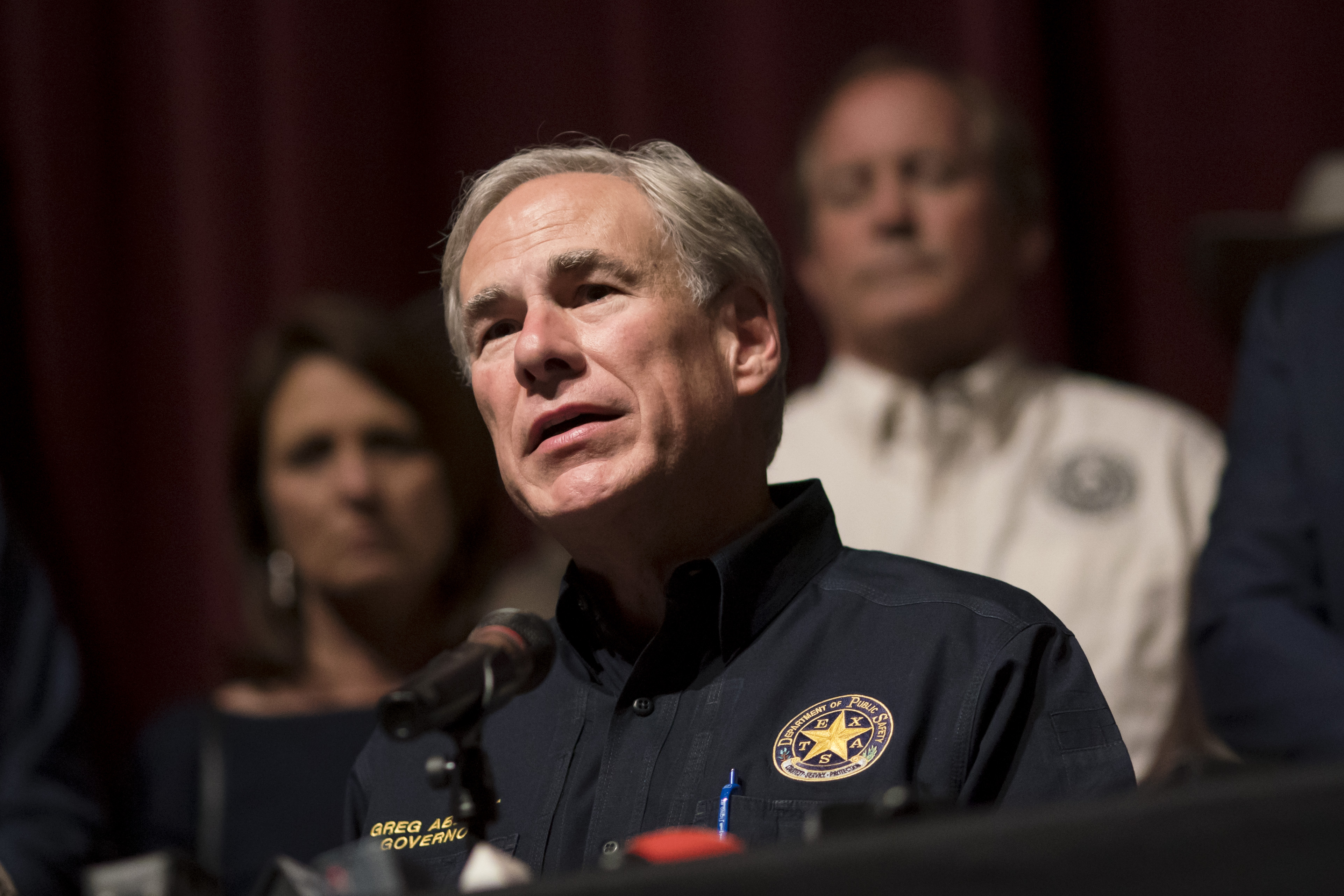The commander at the scene of a school shooting in Texas where 19 children and two teachers were killed last week was not privy to the panicked 911 calls coming from students trapped inside the building as the massacre unfolded, a Texas state senator says.
Sen. Roland Gutierrez (D-District 19), whose district includes Uvalde, said the calls with pleas for help from children inside Robb Elementary School as the shooting was taking place on May 24 were not shared with the Uvalde CISD Chief of Police Pete Arredondo, who was the on-site commander of the response.
Gutierrez said Thursday that the 911 calls were routed through the Uvalde Police Department and that Arredondo was not privy to information about those calls.
"We were told last week that officer Arredondo was the recipient of 911 calls," Gutierrez said. "According to the Commission on State Emergency Communication, who monitors all 911 agencies throughout the state … in this instance, it was Uvalde Police. They do not know who Uvalde Police was communicating the 911 calls to. What we do know is that the 911 calls were not being communicated to the so-called incident commander. They were being communicated to a Uvalde Police Officer."
Get DFW local news, weather forecasts and entertainment stories to your inbox. Sign up for NBC DFW newsletters.
A spokesperson for Gutierrez clarified the senator's statements later Thursday afternoon, saying they don't know for certain Arredondo didn't know about the 911 calls only that the dispatches went to city officers and not CISD officers.
"He didn't have access to [the] dispatcher and so it's very likely that those never got to him. We haven't talked to Chief Arredondo. I can't say for sure that the cops ... weren't talking between each other, you know? But what we know is he wasn't privy to that information and he wouldn't be privy to that information," Gutierrez said. "The only way that he would have been able to know that the 911 calls were coming through is if Uvalde PD had told him and to our knowledge, Uvalde PD was not informing him on the 911 calls."
UVALDE SCHOOL SHOOTING
Steven McCraw, the head of the Texas Department of Public Safety, said last week that police didn't breach the classroom where the gunman was holed up faster because Arredondo believed the situation had morphed from an active shooting to a hostage situation.
The gunman spent roughly 80 minutes inside the school, and more than an hour passed from when the first officers followed him into the building and when he was killed by law enforcement.
"Uvalde PD was the one receiving the 911 calls for 45 minutes while officers were sitting in a hallway, while 19 officers were sitting in a hallway for 45 minutes," Gutierrez said. "We don't know if it was being communicated to those people or not."
The Democratic senator called it a "system failure" that calls were going to the city police but were not communicated to Arredondo.
"I want to know specifically who was receiving the 911 calls," Gutierrez said during a news conference, adding that no single person or entity was fully to blame for the massacre.
However, he said, Gov. Greg Abbott should accept much of the responsibility for the failures in the police response.
"There was error at every level, including the legislative level. Greg Abbott has plenty of blame in all of this," Gutierrez said.
Uvalde Police Chief Daniel Rodriguez has not responded to a phone message from The Associated Press seeking comment Thursday.
Since the shooting, law enforcement and state officials have struggled to present an accurate timeline and details of the event and how police responded, sometimes providing conflicting information or withdrawing some statements hours later. State police have said some accounts were preliminary and may change as more witnesses are interviewed.
The attack at Robb Elementary School was the deadliest school shooting in nearly a decade. Funerals for those slain began this week.
Police communications were also a problem in 2019 when a gunman shot and killed seven people and wounded more than two dozen during a shooting rampage in Odessa, Texas. Authorities said at the time the gunman called 911 before and after the shootings but a failure in communication between agencies -- they were not all operating on the same radio channel -- slowed the response. The gunman was able to cover some 10 miles before officers shot and killed him.

